Ten things to do to benefit your well-being when you are home-bound
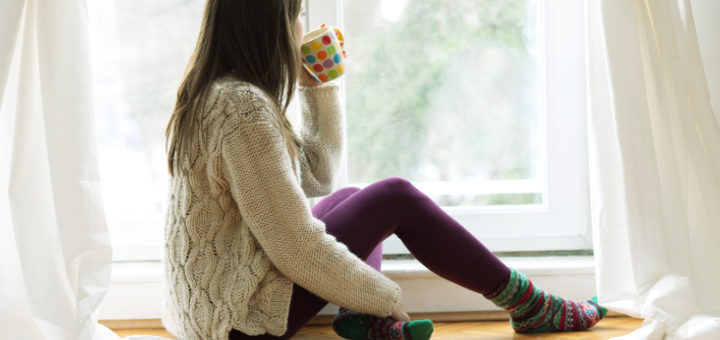
Today, I was supposed to fly to Hawaii for a part-work, part-vacation trip. I’ve been planning this trip for months, but now everything is canceled. A lot has changed in the past couple of weeks, and now we are forced to adjust to the new reality of the world pandemic. This means that many of us have to be quarantined at home, or to practice social distancing that can save lives of the most vulnerable among us. We do not have control over what the CDC or our local governments decide in regard to public safety, but we do have control over our attitudes toward them and the choices we make in our own lives. We can be resentful about what’s going on, or we can practice pratipaksha bhavana (cognitive reframing). We can look at this time as an opportunity to reflect, reconnect, and plan ahead. Here are some things you can do to benefit your well-being during this uncertain time.
1. Do your yoga
Having more time at home gives you an excellent opportunity to reignite your home yoga practice and make it truly your own. How are you feeling? What are you dealing with? What do you need on each level of your system? Address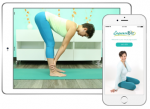 that. Take time with your internal investigations and give yourself room to experience whatever you need to experience.
that. Take time with your internal investigations and give yourself room to experience whatever you need to experience.
If you need help addressing specific concerns, check out our home yoga practice app that guides you through the practice selection process.
2. Monitor your health
It is good to keep track of how your body feels from day to day. Stay aware of your body temperature and the state of your sinuses, throat, and lungs. We don’t want to get obsessive about it, but it’s useful to stay in touch with your body for your own sake and for the sake of those who live and work with you.
3. Filter your information
There is a lot of misinformation floating around, including unsubstantiated claims about how to prevent yourself from getting the virus or how to treat it homeopathically. Be very careful about what you believe, and please do not give health advice to your students or clients beyond general guidelines released by the CDC or WHO.
4. Get enough sleep
Lack of sleep weakens your immune system, which makes it more susceptible to any kind of infection. Dr. Aric Prather, at the University of California, San Francisco, studies the effect of sleep deprivation on the immune system. His research shows that there is “a clear, linear relationship with infection rate. The less sleep an individual was getting in the week before facing the active common cold virus, the more likely it was that they would be infected and catch a cold. In those sleeping five hours on average, the infection rate was almost 50 percent. In those sleeping seven hours or more a night in the week prior, the infection rate was just 18 percent.”(1) Another aspect of your immune system that is affected by lack of sleep is the natural killer cells. The job of natural killer cells is to identify dangerous foreign invaders and get rid of them. Unfortunately, Dr. Michael Irwin from the University of California, Los Angeles, had demonstrated that even “a single night of four hours of sleep – such as going to bed at three am and waking up at seven am – swept away 70 percent of the natural killer cells circulating in the immune system,  relative to a full eight-hour night of sleep.”(1)
relative to a full eight-hour night of sleep.”(1)
If you have trouble falling asleep, you can try this simple yoga practice.
5. Manage your stress
Sustained stress makes you more susceptible to infections like the common cold. The Common Cold Unit of the Medical Research Council in Salisbury, England, has conducted extensive studies on the subject. Their results show that “more stress equaled about three times the likelihood of succumbing to a cold after being exposed to [rhino]virus. Prolonged stressors more than a month-long that were social in nature provided the greatest risk.” (2) Coronavirus is not the same as rhinovirus, but a strong and resilient immune system is essential in both instances.
Try this Doorway to Serenity yoga practice if you are feeling uncertain or anxious.
6. Reach out to your loved ones
Numerous studies have shown that social isolation can lead to poor health. (2) That is why it’s important to spend quality time with the members of your household and /or reach out virtually to people you care about. You can simply check in on them, listen to their concerns, and share your own. That way, you get to co-regulate each other’s physiological and mental state.
7. Move your body (but not too much)
The intensity of exercise makes a difference to the state of your immune system. Dr. Mel Robin writes: “Fatigue has long been known to be a significant factor in the susceptibility to infectious disease, either due to intense physical labor or to intense physical training. Thus, endurance athletes who train intensely are known to have an increased susceptibility to infectious illness, especially to upper respiratory tract infection.” On the other hand, “those who are over 40 years old and walk only 40 to 45 minutes per day, cut the incidence of colds by 50% thanks to an increased immune response to this moderate exercise. In regards to the immune system, it appears that moderate physical activity is better than no activity, but that too much activity is worse than no activity!” (3) Timing of exercise is very important, too. “Experiments show that moderate exercise done before an intentionally initiated infection can infer resistance to the infection, whereas intense exercise done at the time of infection increases the chance of illness.” (3)  So it is important to move the body without exhausting yourself to keep your immune system strong, but at the first signs of an infection, it is best to rest and recuperate.
So it is important to move the body without exhausting yourself to keep your immune system strong, but at the first signs of an infection, it is best to rest and recuperate.
Try this stronger whole-body yoga practice to challenge your body responsibly.
8. Plan for your future
You can use this time at home to reevaluate your Life-path and your Work-path. Are you happy with where you are, personally and professionally? Do you have other ideas/plans that you haven’t had a chance to develop? Maybe it’s time to attend to those. Which areas of your life are lacking? What steps can you take in the future to replenish them?

 Try this guided meditation to understand how well you are doing in four main areas of your life: health, work, play, and relationships. Or use this short practice to envision three different versions of your work life for the next five years.
Try this guided meditation to understand how well you are doing in four main areas of your life: health, work, play, and relationships. Or use this short practice to envision three different versions of your work life for the next five years.
9. Study a topic that interests you
Did you purchase some yoga courses in the past that you didn’t get a chance to complete? Is there a particular topic that you wanted to investigate but haven’t had a chance to? Now is the time to dive in.
Try one of our video series if you want to address a specific physical issue: neck tension, lower back and sacrum stability or hip tension and butt discomfort.
10. Indulge (responsibly)
What are some of the activities that feed your soul that you rarely find time to do? Maybe you like to paint, read, patter in your wood shop, or play a musical instrument. Now is a good time to go back to your hobbies. Binge-watching shows on streaming services can be pleasant for a while, but your body will remind you that more is not necessarily better here.
And, of course, act responsibly. Wash your hands, cover your cough, avoid crowds, and keep calm. The only way to the other side is through, so we have to make it through together. Please take care of yourself and your loved ones.
References
- Why We Sleep: Unlocking the Power of Sleep and Dreams by Matthew Walker PhD
- Why Zebras Don’t Get Ulcers, Third Edition by Robert Sapolski
- A Physiological Handbook for Teachers of Yogasana by Mel Robin


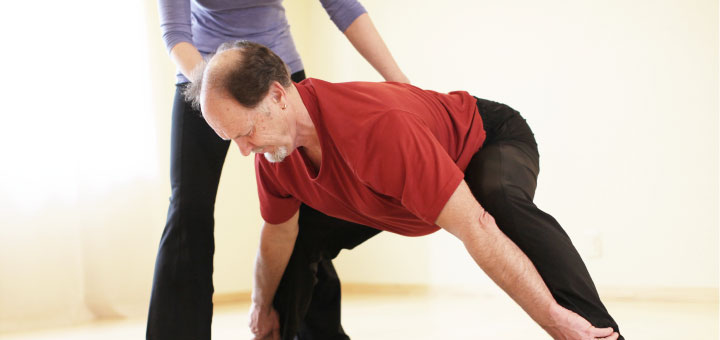
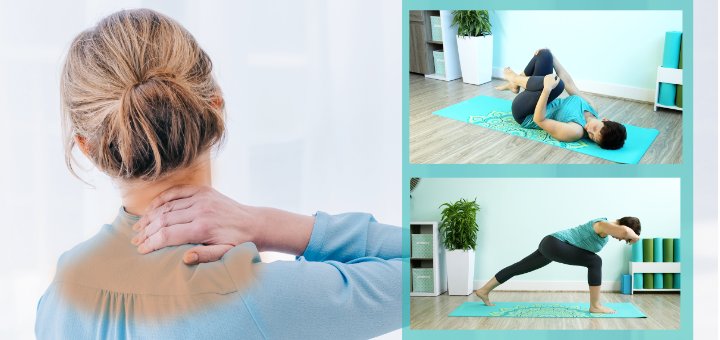

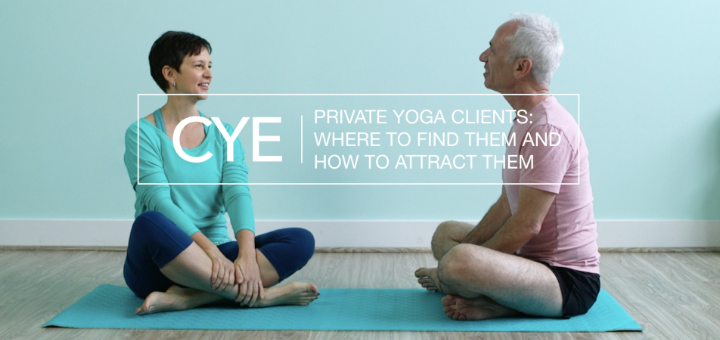
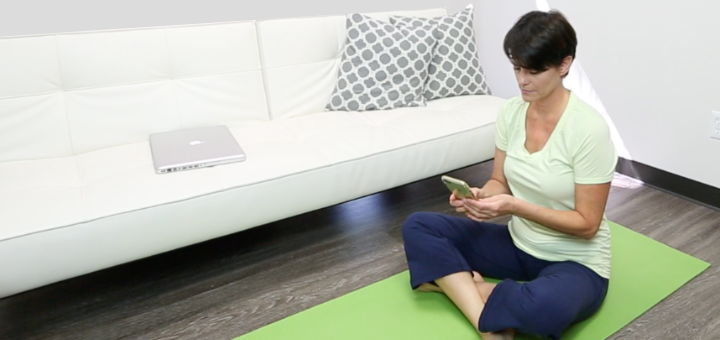
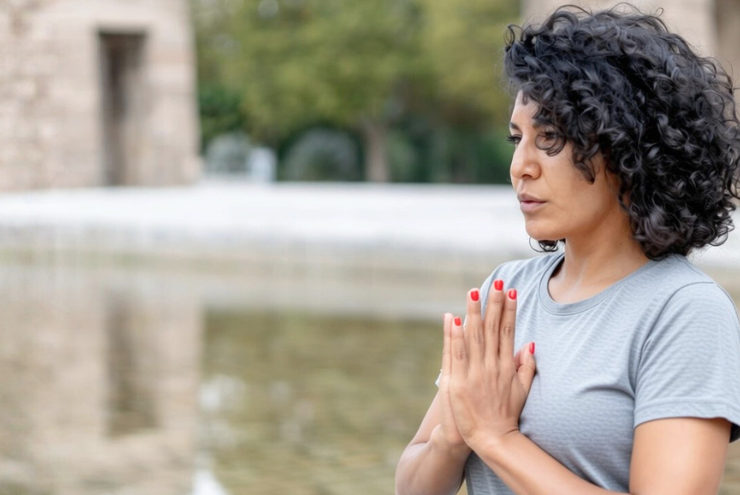
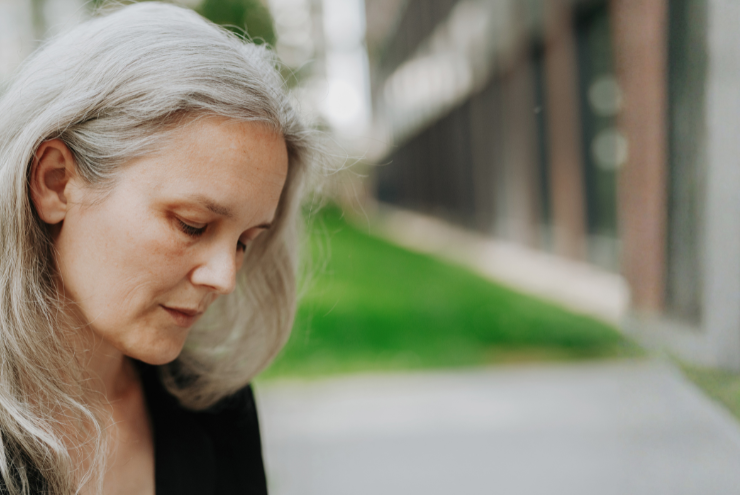


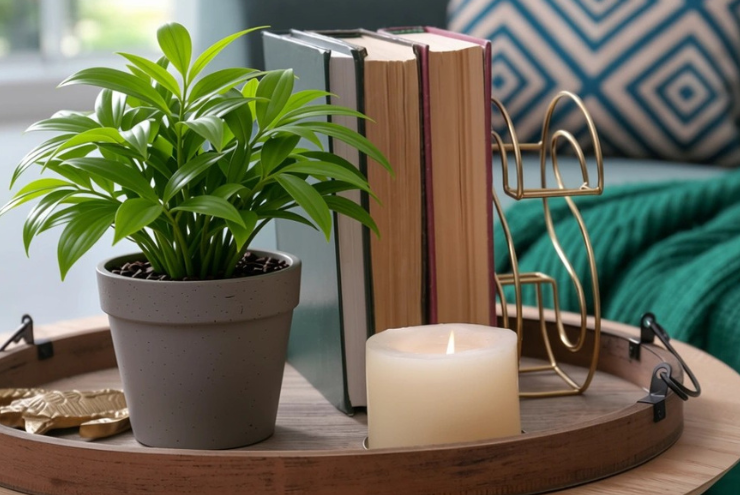
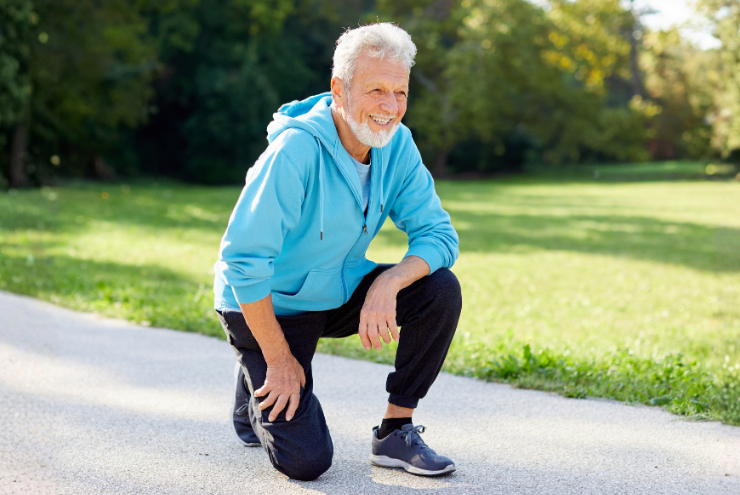
Thank you for including the importance of sleep in your post. I have been talking about sleep and the immune system for weeks already. Many people don’t realize what a significant impact too little (or poor quality sleep) can have with regard to our body’s ability to fight infection and heal quickly. Stress is also counterproductive when it comes to sleep, and while many of us have been in a state of chronic low level stress, we’re now at increased levels of anxiety that can keep us awake. Movement, breathing, and meditation are all ways to support better sleep and help boost the immune system.
Thank you for your comment Kali! I couldn’t agree more.
Thank you, Olga, for reminding us to take car of ourselves and keep things in perspective. Good article.
Excellent article, Olga. Thank you for your help.
Thank you!
Thank you for your insightful articles! You have such a gift explaining yoga topics with lovely graphics and simple guides! I gain a little bit of understanding with each article! Many Gratitudes to you!
Hello my long lost yoga wonder woman!! I am so delighted to find you soaring in your work!! I love how vast your practice is and am amazed that you are brining in the polyvagal information!! Looking forward to your inspiring wisdom and presence.
Hi Shemaya, it’s so lovely to hear from you! How long has it been?! A decade?! Sheesh 🙂 I hope you are well! I would love to catch up sometime.
Thank you, thank you so much for this and all your informative and helpful articles, Olga! Sending over lots of love, gratitude and well wishes.